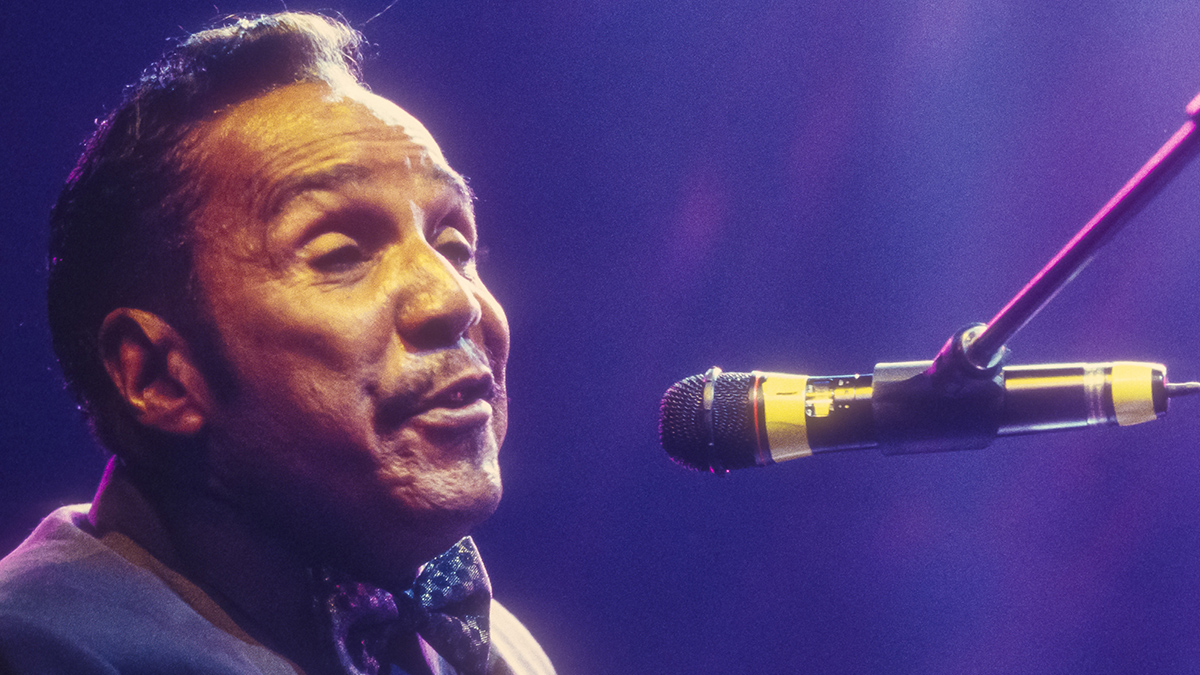New Orleans pianist Huey “Piano” Smith has died, aged 89
Influential player’s sound helped to shape early rock ‘n’ roll

Want all the hottest music and gear news, reviews, deals, features and more, direct to your inbox? Sign up here.
You are now subscribed
Your newsletter sign-up was successful
New Orleans pianist Huey “Piano” Smith, the R&B player whose sound is considered to be a significant influence on the development of rock ‘n’ roll, has died at the age of 89.
Born Huey Pierce Smith in 1934, his playing fused elements of boogie-woogie, jazz and rhythm and blues. He was known for songs such as Rockin’ Pneumonia and the Boogie Woogie Flu and Don’t You Just Know It.
Smith began playing in clubs and recording at the age of 15, and would go on to work with the likes of Little Richard, Earl King and Mac Rebennack, better known as Dr John.
He also wrote and recorded Sea Cruise, though his vocal was controversially removed by his label Ace Records, and the song became a 1959 hit for white singer Frankie Ford instead. Smith’s version was eventually released, and the song has since been covered by countless other artists.
Smith was known for recording and performing as the leader of his band, Huey "Piano" Smith and His Clowns, which he formed in 1957. Their 1958 hit Don’t You Just Know It was backed with High Blood Pressure, another song that’s become a New Orleans standard.
Smith died at his home in Baton Rouge, Louisiana, on 13 February.
Want all the hottest music and gear news, reviews, deals, features and more, direct to your inbox? Sign up here.

I’m the Deputy Editor of MusicRadar, having worked on the site since its launch in 2007. I previously spent eight years working on our sister magazine, Computer Music. I’ve been playing the piano, gigging in bands and failing to finish tracks at home for more than 30 years, 24 of which I’ve also spent writing about music and the ever-changing technology used to make it.